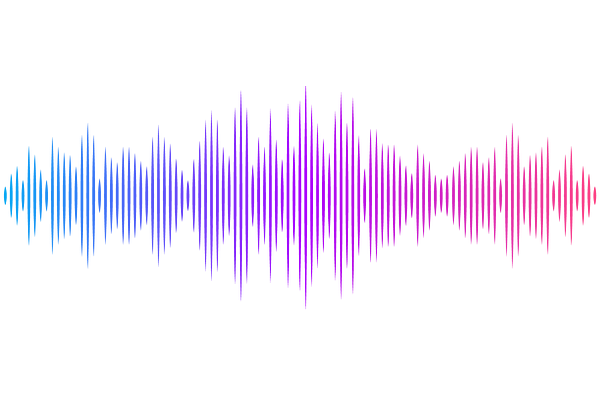Work and entropy of mixing in isolated quantum systems

Work and entropy of mixing in isolated quantum systems
Budhaditya Bhattacharjee, Rohit Kishan Ray, Dominik Šafránek
AbstractThe mixing of two different gases is one of the most common natural phenomena, with applications ranging from CO$_2$ capture to water purification. Traditionally, mixing is analyzed in the context of local thermal equilibrium, where systems exchange energy with a heat bath. Here, we study mixing in an isolated system with potentially non-equilibrium initial states, characterized solely by macroscopic observables. We identify the entropy of mixing as a special case of observational entropy within an observer-dependent framework, where both entropy and extractable work depend on the resolution of measurement. This approach naturally resolves the Gibbs mixing paradox in quantum systems: while an observer experiences a discontinuous increase in entropy upon learning of the existence of two particle types, this knowledge does not provide an advantage in work extraction if the types of particles remain operationally indistinguishable in their measurements. Finally, we derive a Landauer-like bound on the difference in energy extracted by two observers, where an "observational temperature" emerges, determined by the accessible information. These results provide a foundation for rigorously determining the energy required to unmix in non-equilibrium settings and extend beyond quantum systems, offering insights into the thermodynamics of isolated classical gases.